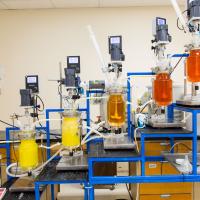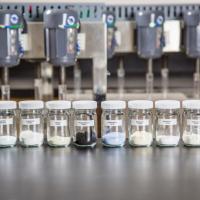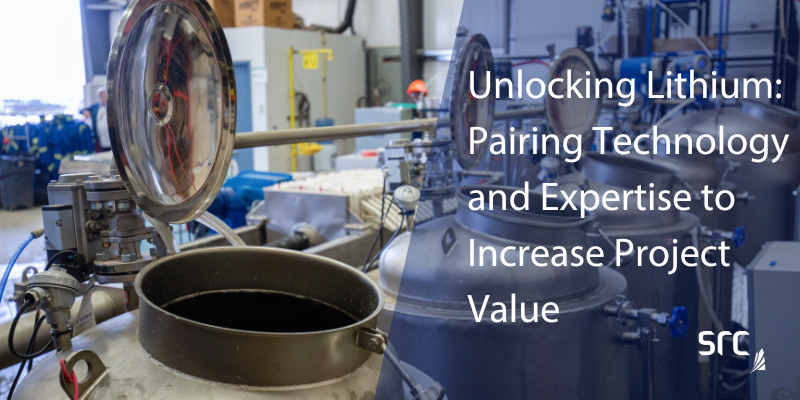The world is experiencing an exponential market growth of lithium-ion batteries (LIBs) due to the drastic increase in demand for electric vehicles (EVs). There were 11,000,000 EVs sold worldwide in 2020 and the Journal of Science estimates there will be at least 145,000,000 EVs sold in 2030.
However, LIBs will eventually reach their end of life and the spent batteries must be managed properly to avoid environmental concerns. LIBs contain many components that are toxic, such as metals (Ni, Co, Cu, Li, Al, Mn) and electrolytes that can become environmentally hazardous.
With declining primary resources for battery metals, spent battery recycling will help to close the enlarging gap between demand and supply, while at the same time reducing its environmental footprint. Although some recycling processes exist, it is evident that the current development of green and sustainable LIB recycling processes aren’t enough.
The current prometallurgical recycling and shredding/crushing/grinding/hydrometallurgical recycling processes are not only low efficiency in recovering the valuable battery metals with high-energy consumption, but they also produce a significant amount of secondary pollutants, such as waste residues, toxic solution discharges and gaseous emissions. Sustainable, high-efficiency battery recycling processes are needed for industry, and that's where SRC's work is focused.
How we can help
SRC develops and tests lithium-ion battery recycling technologies, from physical processing to black mass processing, to produce high-purity lithium, nickel, cobalt, manganese, copper, aluminum and graphite.
Our innovative black mass process minimizes water and chemical consumptions, maximizing the recovery of various components directly to their end-user forms. For example, aluminum and copper will be recovered directly as salable products. Cobalt, nickel, manganese and lithium will be recovered at high purity as the battery metal precursors through a green hydrometallurgical process where reagents used will be more selective and their consumption will be minimized. The process will produce minimal waste residues.
SRC has well-equipped state-of-the-art analytical and metallurgical testing labs and pilot plant facilities. Our team of experienced professional engineers, scientists, metallurgists, chemists and technologists have served the mining and minerals, environmental and energy industries for decades. SRC has the expertise and knowledge to develop and commercialize the proposed technology.
Contact us to discuss your LIB battery recycling needs.
Challenges
Battery technology is quickly evolving and involves complex assembly.
- Extensive collection and pre-sorting requirement
- Transportation logistics and safety
- Difficult to plan the variation of material inflow
- Cost of recycling and volatility of commodity market
Opportunities and Benefits
Despite these challenges, it's important that battery manufacturers, industry, end users and government work together to promote a circular approach to battery metals recycling. SRC's direct recycling of LIB technology aims to reduce landfill storage for EoL batteries. It will maximize critical metals to increase the value chain of the EoL battery recycling industry.
- Reduce environmental footprint
- Increase significant secondary resources of LIB metals
- Develop new recycling technology
- Create a secure supply of critical metals for high tech and green energy industries




